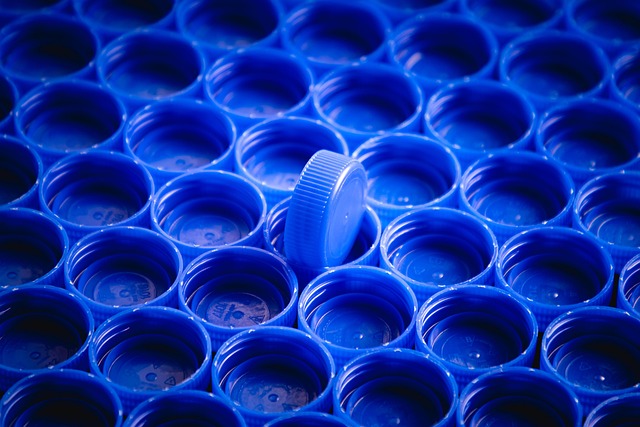As we navigate through a world increasingly burdened by the byproducts of our consumption, the necessity for sustainable practices becomes ever more pressing. The concept of waste product has often been viewed negatively, but what if we could shift that narrative? Instead of seeing waste as a hindrance, we can consider it an opportunity for innovation and sustainable development.
Sustainable development aims to meet our present needs without compromising the ability of future generations to meet theirs. In the realm of recycling, recognizing the value of waste products is essential. By transforming what was once deemed useless into a resource, we are taking significant steps toward minimizing our ecological footprint. Each piece of waste that can be effectively repurposed reduces the demand for new materials, ultimately leading to a more balanced relationship with our planet.
One of the most exciting aspects of this shift is the advent of green technologies. These innovative solutions help us manage and recycle waste products more efficiently. For example, advanced sorting technologies and biotechnologies are emerging as key players in the recycling landscape. Not only do they allow us to separate materials for reuse with precision, but they also create new pathways for converting organic waste into energy or even new materials. Imagine a city powered partially by the biogas produced from its organic waste—a true testament to the power of human ingenuity!
Becoming carbon neutral is not just an aspirational concept; it is a necessity in the face of climate change. By focusing on how we handle our waste products, we can significantly impact our carbon emissions. For instance, composting organic waste instead of sending it to landfills reduces methane emissions, one of the most potent greenhouse gases. Plus, when we recycle materials like metals and plastics, we save the energy that would otherwise be consumed in extracting and processing virgin materials, further contributing to our goal of a carbon-neutral future.
However, the journey toward sustainability is a collective one. It requires participation from individuals, communities, and industries alike. By adopting practices that encourage recycling and the responsible management of waste products, we can all contribute to a greener future. Whether you’re sorting your recyclables at home, advocating for zero-waste policies in your community, or investing in sustainable businesses, each action plays a vital role in minimizing our collective ecological footprint.
In the end, understanding the role of waste products in the recycling ecosystem is a powerful realization. It is a bold reminder that waste is not merely a problem but a point of potential innovation. By harnessing the latest green technologies, we can transform waste into valuable resources, paving the way for a sustainable, carbon-neutral future that echoes with the promise of thriving ecosystems and healthy communities.




